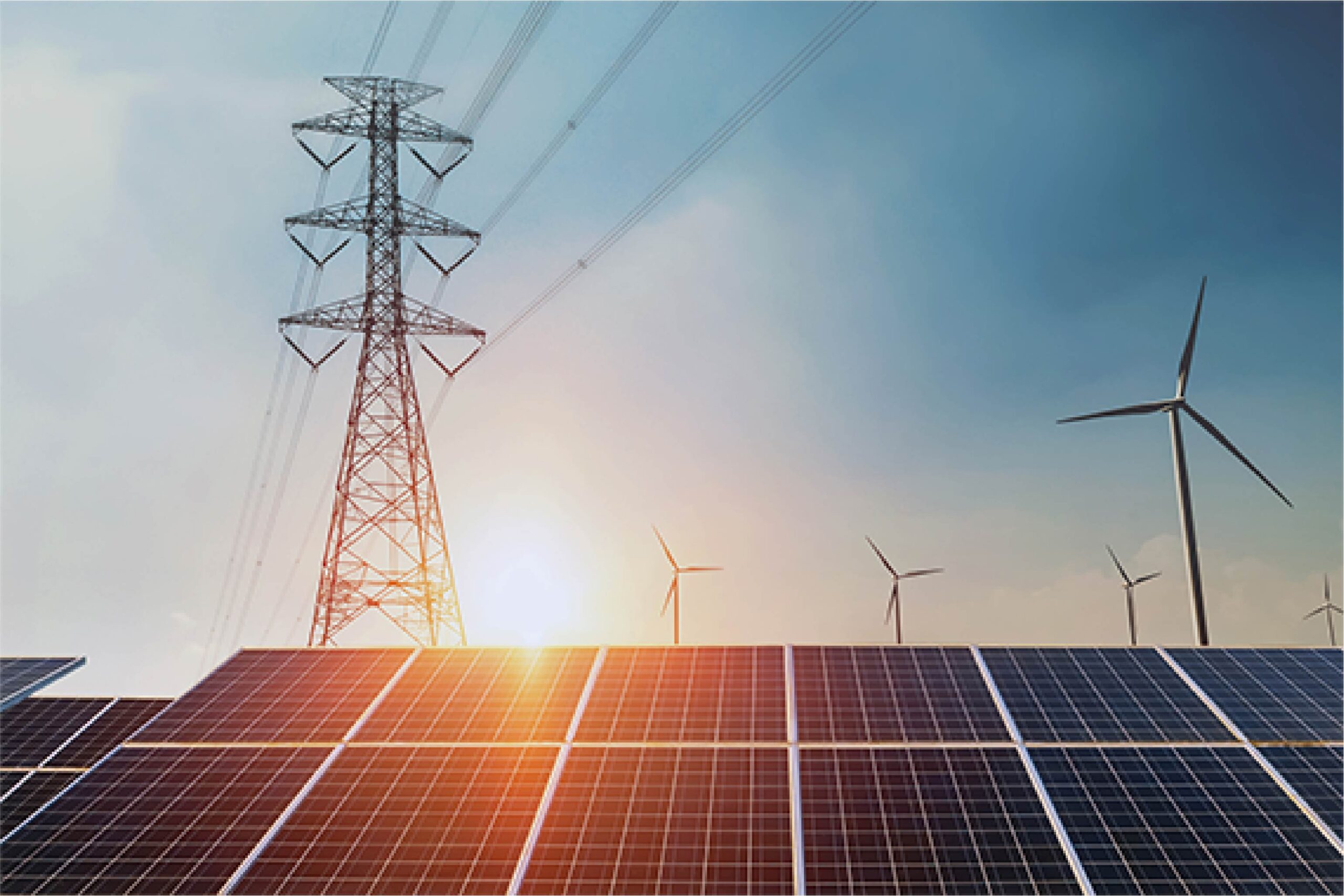Energy
Within the scope of the electricity sector, it is incumbent on the Ministry of Mines and Energy (MME) to define the policies that govern from the use of natural resources and other sources of electric energy to the promotion of the development and adoption of new technologies.
The National Electric Energy Agency (Aneel) is responsible for establishing rules for the segments of generation, transmission, distribution and commercialization of electric energy, in addition to tariffs that provide favorable conditions for the development of the market, with balance between agents and for the benefit of society.
Here it is possible to know the energy sources used and prioritized by Copel, the development of new businesses and technologies, the actions to avoid energy losses, as well as the operational efficiency that the Company helps to generate and transmit to all of Brazil.
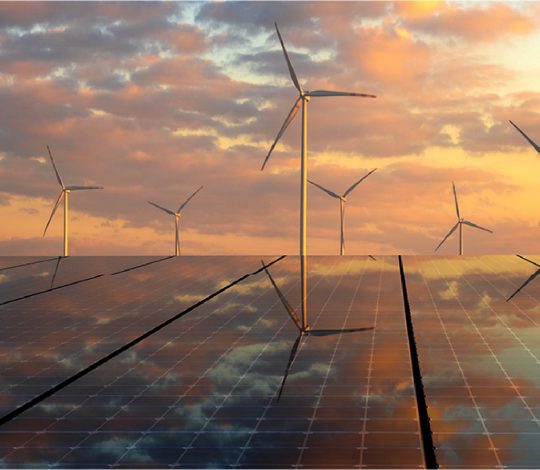
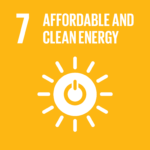
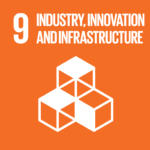



Energy
Sources
Copel’s mission is “to provide energy and solutions for sustainable development” and its vision “to be a reference in the businesses in which it operates, generating value in a sustainable manner”.
For this reason, the Company prioritizes renewable energy sources and the diversification of its generation matrix, aiming at the continuity and quality of supply to the National Interconnected System (SIN), providing economic growth and quality of life to all Brazilians.
The commitment to the supply of clean and affordable energy and sustainable development has always guided Copel’s concern with the best performance of its projects in the search for excellence in services provided to society, characterized by operational efficiency in the generation, transmission and distribution of energy, as well as the conscious use of natural resources and prioritization of renewable sources.
- Biomass and Biogas
- Wind
- Hydraulics
- Solar
- Thermal
Copel, through its Business Development Department – DDN, has expressed to the market an interest in the analysis and development of business opportunities in energy generation from biomass (sugarcane pomace, forestry, agribusiness residues) and biogas (agricultural waste, agro-industrial waste, RSU).
In addition, Copel maintains a dedicated team in prospecting and developing business in biomass and biogas and, in recent years, has actively participated in actions to promote the bioenergy sector, acting in the elaboration of the Regulatory Milestone for Biogas and Biomethane in Paraná, in execution of the Entre Rios do Oeste P&D Project, in addition to having members on the Boards of Directors of the Brazilian Biogas Association – ABIOGÁS and the International Center for Renewable Energies – CIBIOGÁS.
In addition, through the Business Development Department, the Company has been developing studies and prospecting initiatives on the Green Hydrogen theme. Considered the purest energy source and with the highest energy density by volume, Hydrogen is seen as a fundamental source for the decarbonization of world economies.
Thus, Copel has a team dedicated to exploring the topic of Green Hydrogen, whether in the application of energy sources or in its production routes, such as: water electrolysis using renewable sources and catalytic reforms of biomass, biogas, biomethane and ethanol.
Copel’s corporate strategy is to provide clean and affordable energy, increasing investments in renewable sources, in favor of sustainable development and generating value for all stakeholders.
In this sense, wind energy is very advantageous, both for those who generate and those who consume. This is because the wind is a natural and renewable source of energy, highly available in Brazilian territory and suitable for large- scale electricity generation.
In addition, wind farms represent a reduced socio-environmental impact, since they can share land with pastures and agriculture, eliminating expropriations or displacement of populations. The implantation is modular and faster than that of conventional plants.
With such characteristics, wind farms enhance the fixation of industries, technology and generation of jobs in manufacturing, operation and maintenance, in the city and in the countryside.
For more information on wind energy and the wind energy industry in the country, see also the Brazilian Wind Energy Association – ABEEólica website.
Copel operates hydroelectric plants in several hydrographic basins in the Brazilian territory and is among the largest companies in the energy sector. Committed to sustainable development, the Company has always focused on renewable sources to provide clean and accessible energy, safely and based on studies to mitigate and reduce environmental impacts, investing in the communities surrounding the projects, which generate shared value for the parties and guarantee the country’s economic growth.
It is worth mentioning that hydraulic energy is renewable, has a low emission of greenhouse gases, being one of the most efficient ways of producing energy and less polluting. In addition, the reservoirs can reduce the negative impacts caused by floods, as well as they can be used for leisure, navigation, irrigation, among other forms of economic and social activities, bringing several benefits to the local community.
To learn more about the plants and the work developed by the Company, access the Copel Geração e Transmissão page.
Copel, in line with the Sustainable Development Goals – ODS, prioritizes investment in renewable projects with a high level of sustainability. Through its Business Development Department – DDN, it has worked on projects for photovoltaic solar plants through partnerships, with a dedicated team in the prospecting and development of this type of business, in the distributed generation regime. In addition, Copel has developed photovoltaic projects in the areas adjacent to its wind farms in the Northeast region, for the free and regulated market.
In 2021, Copel put into operation its first mini-generation photovoltaic project in Paraná, with a capacity of 5.36MWp. The project is part of a new business model for the Company. Copel deploys and operates the distributed power generation units, and the customer signs a lease for the plant. The energy generated is used to offset consumption, resulting in savings in the electricity bill.
Copel works to develop other similar projects. Companies interested in compensate their energy consumption through distributed generation can contact Copel through the website.
In thermoelectricity, the mechanical energy necessary to rotate the axis of the electric energy generator is obtained by burning fuels, that is, by transforming chemical energy into mechanical energy, through specific burning processes for each type of fuel. The physical facilities used are called thermoelectric plants, and are similar to industries, their dimensions being defined according to the power and technologies adopted.
Copel currently has two thermoelectric plants:
- Araucária Electric Gas Plant (22 years) with an ownership share of more than 80%, which uses natural gas as fuel and has an installed capacity of 469 MW. In 2023, its average availability factor was 32.93%. The plant did not operate in 2023.
- Figueira Thermoelectric Plant (61 years), of 20 MW, which consumes national mineral coal and is currently undergoing modernization. In 2023, its average availability factor was 30.37%, with operating efficiency of 23.9%. During the period, the plant only operated in a test phase, after carrying out part of the modernization process.
Distributed Generation
Being a sustainable company is also generating your own energy.
Cleaner, cheaper and with more control.
Energy Efficiency
Copel, committed to sustainable development, encourages the efficient use of energy, both in its administrative facilities and in the projects it operates, with a view to reducing production costs and tariff values.
Law No. 9,991/2000 and Aneel Normative Resolution No. 920/2021 determine the application of financial resources in the Energy Efficiency Program, aiming at promoting the efficient use of electric energy in all sectors of the economy.
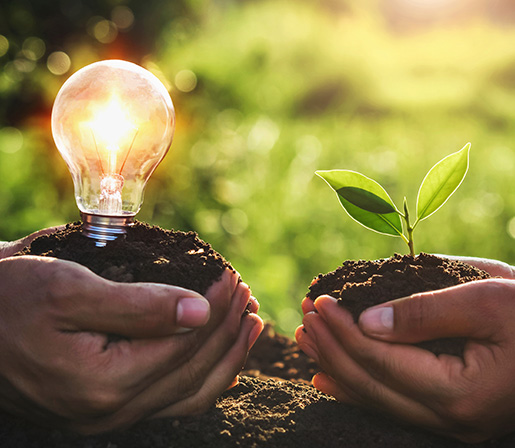
Operational Efficiency
Operational efficiency is a condition for the longevity of the Company’s business and is one of the main objectives of Copel’s Strategic Planning, as it guarantees greater availability of the set of assets, resulting in lower costs and, consequently, better economic-financial performance.
